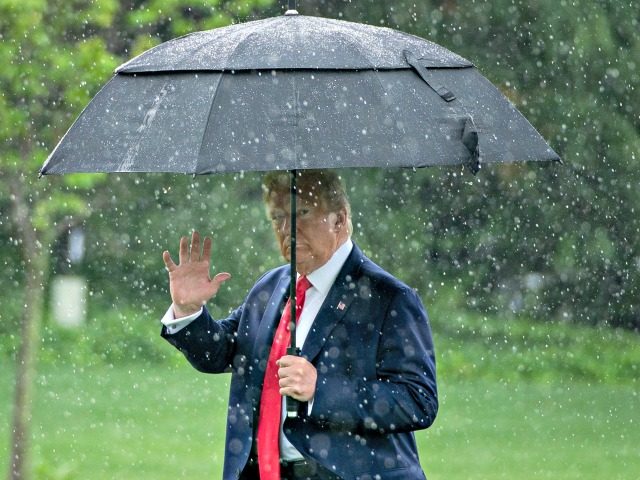The confidence of small business owners in the U.S. took a hit in July as coronavirus case surged and reopening plans were delayed or rolled-back, data from the National Federation of Independent Business showed Tuesday.
The NFIB’s Small Business Optimism Index fell 1.8 points to 98.8 in July. Economists had expected the index to hold its June level of 100.
“This summer has been challenging for many small business owners who are working hard to keep their doors open and remain in business,” NFIB’s chief economist Bill Dunkelberg said.
The index has generally been riding high during President Donald Trump’s first term but tumbled nearly 20 points in March and April, the biggest ever drop in the index. That slide stopped in May and the index climbed higher in June as the economy began to reopen.
Reports of expected better business conditions in the next six months declined 14 points to a net 25 percent, a steep decline that indicates businesses realizing that the reopening will take longer and be less smooth as the virus continues to plague the U.S. economy.
The index is compiled from a survey that is conducted each month of NFIB members. July saw increases in four of the 10 index components compared with June. Five components declined and one was unchanged.
Plans to increase employment improved for the month, with a net 18 percent of businesses saying they would be hiring in the next three months. That’s up 2 points from June and 17 points above the April low.
Nearly half, 49 percent, of owners reported capital spending in the last six months, up one point from June but 14 points below the January level. Twenty-six percent of owners are planning capital outlays in the next few months, a rise from June but still low enough to be a “recessionary levels,” according to the NFIB.
“Currently, the outlook for sales growth is not strong and uncertainty levels are high, both deterrents to making investments for the future,” the NFIB said in its report.
A net negative 28 percent of all owners reported higher nominal sales in the past three months, up 3 points from June but still what the NFIB calls “a terrible number.”
“Even with states re-opening, sales are often lower due to business restrictions, social distancing requirements, and a still-reduced willingness of consumers to go out and mingle with the general population,” the NFIB said.
Sales expectations in the next 3 months fell 8 points to a net 5 percent.
“Closing stores and sheltering-in-place resulted in a 13 percent decline in consumer spending in April. Then, whipsaw, spending rose 16 percent in May,” the NFIB said. “Lower income consumers increased their spending to near pre-Covidlevels, but higher income consumers are holding back.”
The NFIB Uncertainty Index increased 7 points to 88.

COMMENTS
Please let us know if you're having issues with commenting.